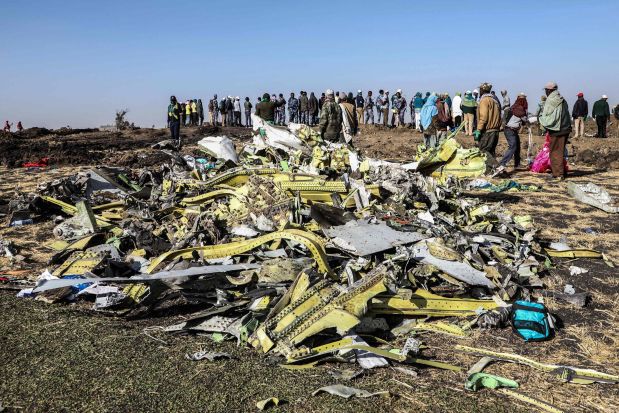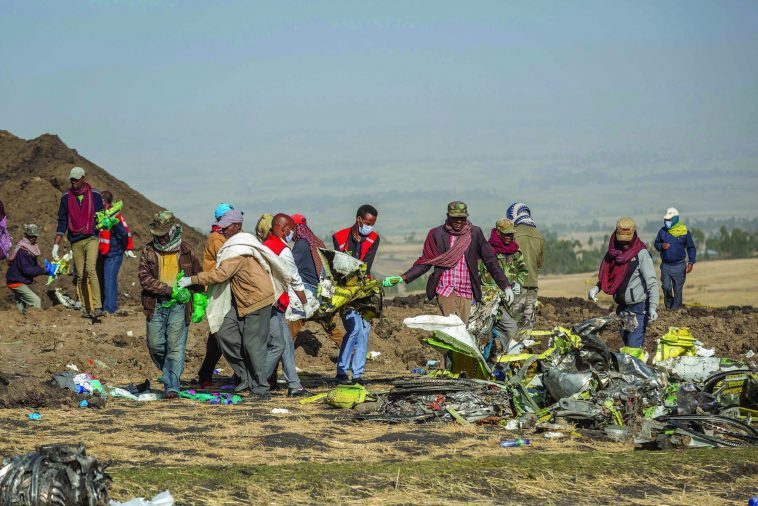Two deadly air crashes in a matter of 5 months; there couldn’t have been more pressure on Boeing, one of the world’s largest aircraft manufacturer, to take responsibility for two of aviation’s biggest disasters. These accidents have brought to limelight how a technology glitch can take a toll on valuable human lives.

The Ethiopian flight ET302, a scheduled commercial passenger plane, took off from the country’s capital, Addis Abba, on 10 March and never reached its destination, Nairobi, Kenya. With just 6 minutes into the flight, the 737 Max 8 disappeared from the radar only to find that it was crashed in a field near Bishoftu, a few miles from the airport.
The black boxes that were recovered almost immediately had been sent to France to study the doomed flight’s data and voice recorders. From the initial investigation that has taken place, the experts have found something so very disturbing that would give nightmares to every air traveler.
- The flight data suggests that the crashed jet automatically pointed its nose down just like that of Lion Air’s JT610 that plunged into the Java Sea killing all 189 on board.
- Both were the newest versions of 737 MAX jets recently delivered to the respective airlines just a few months ago.

Ethiopia’s transport minister has confirmed the same which is piling pressure on Boeing’s safety standards and software upgrades. As of now, all of 737 Max planes will be grounded until we get a clearer report about the factors that led to the crash. In spite of Boeing promising a software update in its most advanced flight model, the lives of the victim’s families will never be the same anymore and is a wound that would forever remain painful.






GIPHY App Key not set. Please check settings